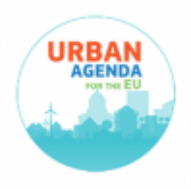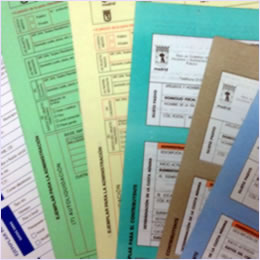Urban Agenda

The EU Urban Agenda was initiated in May 2016 with the signing of the Amsterdam Pact. It is a multi-level working method that promotes collaboration among member states, cities, and the European Commission to make cities more sustainable and innovative. It aims to identify common needs and challenges and propose solutions. Participants in this project address challenges related to mitigating terrorist attacks, creating spaces that facilitate the work of security forces, and ensuring citizens' perception of safety in public spaces to maintain their freedom of use and the possibility of holding events on the streets. In January 2019, in Paris, along with the Madrid City Council, they assumed the coordination of this consortium, which brings together 8 cities, 2 regions, and 2 EU member states, as well as various expert organizations.
The EU Urban Agenda was initiated in May 2016 with the signing of the Amsterdam Pact. It is a multi-level working method that promotes collaboration among member states, cities, and the European Commission to make cities more sustainable and innovative. It aims to identify common needs and challenges and propose solutions. Participants in this project address challenges related to mitigating terrorist attacks, creating spaces that facilitate the work of security forces, and ensuring citizens' perception of safety in public spaces to maintain their freedom of use and the possibility of holding events on the streets. In January 2019, in Paris, along with the Madrid City Council, they assumed the coordination of this consortium, which brings together 8 cities, 2 regions, and 2 EU member states, as well as various expert organizations.





